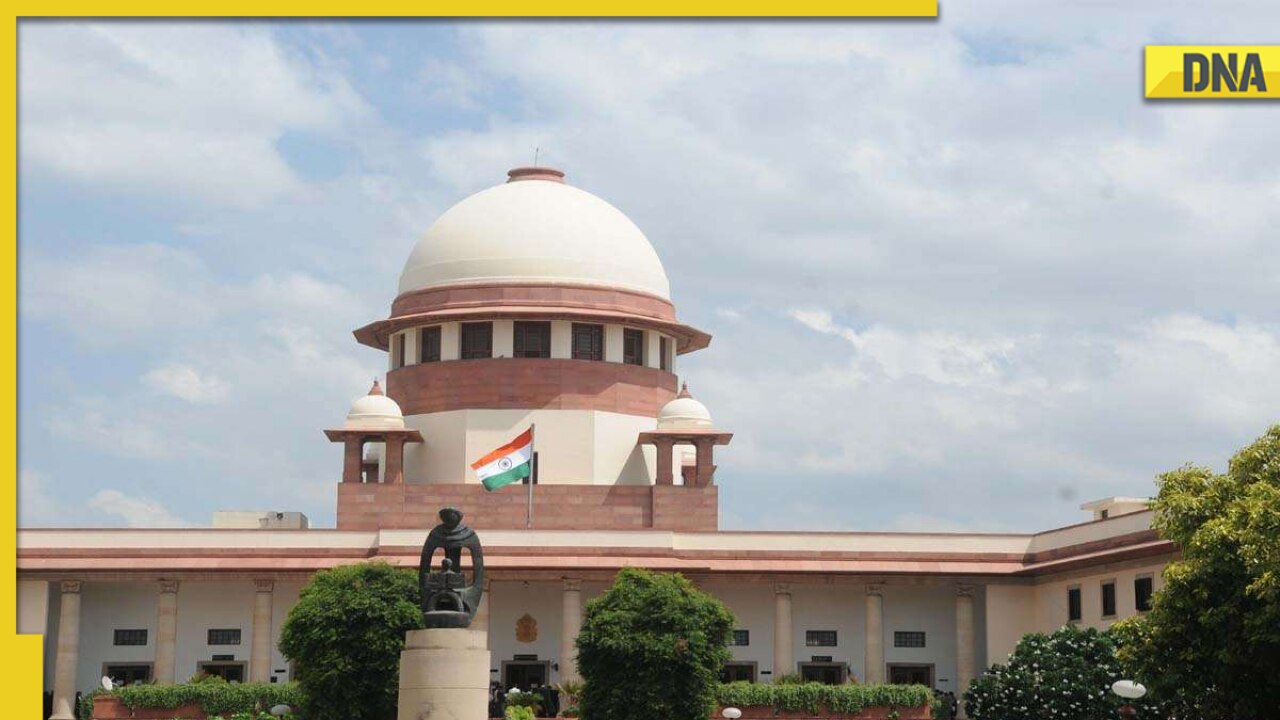Reported By: | Edited By: DNA Web Team |Source: DNA Web Desk |Updated: Aug 24, 2022, 10:33 AM IST
| Edited By: DNA Web Team |Source: DNA Web Desk |Updated: Aug 24, 2022, 10:33 AM IST
The Supreme Court on Tuesday struck down the provisions of 2016 amendment Prohibition of Benami Property Transactions Act, 1988 as unconstitutional on the ground of being manifestly arbitrary. The SC stated that holding such a law that is overly broad, disproportionately harsh and operates without adequate safeguards is unconstitutional.
A three-judge bench headed by Chief Justice of India (CJI) NV Ramana held that the 1988 law was “still born” and “unconstitutional” and the 2016 amended law will apply only prospectively, and not retrospectively.
Along with the demonetization of high-value banknotes with this aim, the legislative revisions were one of the government's harshest measures in its fight against black money.
The bench, also comprising justices Krishna Murari and Hima Kohli, said: “Concerned authorities cannot initiate or continue criminal prosecution or confiscation proceedings for (benami) transactions entered into prior to the coming into force of the 2016 Act, (period between September 5, 1988 to October 25, 2016). As a consequence of the above declaration, all such prosecutions or confiscation proceedings shall stand quashed.”
The judgement was reached after the federal government appealed a Calcutta High Court decision from December 12, 2019, which had invalidated show-cause notices sent to M/s Ganpati Dealcom Pvt Ltd's owners by the centre under the 2016 Act. The top court ruled that because the transaction in question by the corporation involved the purchase of a property in 2011, the Act cannot be implemented retrospectively.
